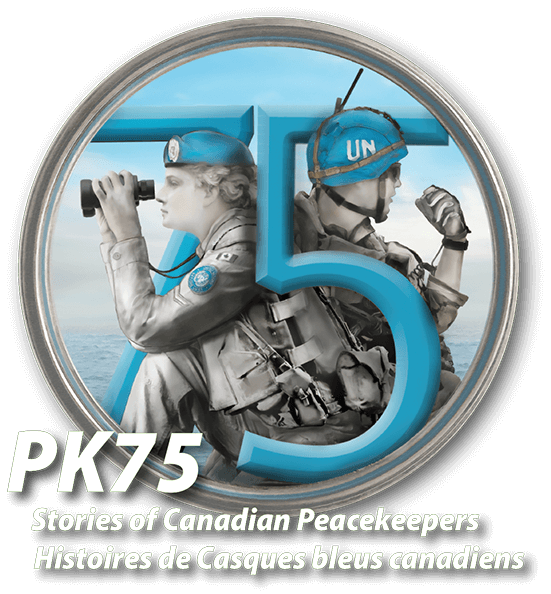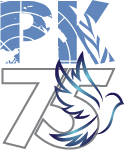

The job I found myself in the earliest days of the UN mission in South Sudan was an absorbing one. There was lots to do, and it allowed for plenty of travel and daily interaction with the two belligerent armies. It was without question the most interesting and rewarding professional work I’ve ever done.
I was the Deputy Chief of Staff and worked with twelve other officers in The Joint Monitoring & Coordination Office (JMCO). The JMCO did the groundwork for the development and coordination of overall ceasefire policy as well as hammered out with the Sudanese People’s Liberation Army and Sudanese Armed Forces all those military issues that could not be resolved regionally. The JMCO was wisely positioned well forward, in the heart of the most southerly state. We were connected across the country by satellite links with mobile phones, radios and the Internet. Unfortunately, the SAF and the SPLA did not have the kinds of communication capabilities we had, and it made quite a difference in their ability to react and to pass on information to their more remotely deployed troops. This was particularly true of the SPLA who were quite literally moving from being a hardscrabble guerrilla movement to something resembling a modern army, and although they were trying their hardest, the problems they faced were enormous.
From an operational viewpoint the mission was extremely complex. Both sides were highly factionalized and there were numerous competing interests within the theatre — not all of which were immediately evident to us. Tribalism, oil, religion, ethnicity, dozens of different local languages, established power groups such as the police and intelligence services, private militias as well as the influence of border states and other neighbouring insurgencies all combined to make the simplest issue complex. There were also numerous factors within the UN mission itself that complicated things. Over seventy-five nations were deployed there, each with different cultures, different perceptions of time, different ideas on hygiene, different views on how urgent things should be, different thinking on hierarchy, authority and dignity, different ideas as to what constitutes good manners — and not the least, radically different abilities in English, the common mission language. It all added up to make for some interesting moments.
The JMCO, the group I worked in, was responsible for keeping three levels of inter-factional meetings going and so we worked seven days a week. We convened a meeting each morning with both SAF and SPLA officers. It was a busy pace and we spent about twelve to thirteen hours each day working on a comprehensive range of issues such as monitoring troop movements, troop withdrawals, de-mining operations, disarming militias, demobilization of ex-soldiers, the formation of a new joint and integrated army as well as more narrowly focused things such as child soldiers, deserters, disarming the nomads, helping Non-Governmental Organizations and UN agencies set up programs for disabled ex combatants and setting up joint SPLA and Govt of Sudan monitoring teams. The work was totally absorbing and in retrospect the days merged into a long blur.
From the Internet it was apparent that very little of what went on down there ever made it into the press as there were no foreign reporters within several hundred kilometres of us. It was uncertain at the time if the peace between the two factions would hold, and it was obvious to us that, for the reasons listed above, the future of South Sudan was going to be a perilous one. But we could see signs of improvement. As the tour wore on little roadside stands popped up here and there. People sitting on the verge of dirt roads selling a few bottles of soft drinks, soap and other simple luxuries. A small bus service began that wasn’t around in the first months of the mission. NGOs that had been driven out by the fighting began to return. Small things, but they added up in the aggregate. At the end of the tour UN engineers and World Bank administrators with plans for much larger international aid projects started to arrive making plans for things like a working electrical grid, a clean water supply and sewage lines. It was an exhilarating time watching the armies move back from one another, roads opening, minefields lifted and watching the economy starting up again and people being allowed to resume something close to normal lives.
Biography
During the period 1968–2011, Michael Goodspeed served with broken service for 33 years in the Canadian Forces. He began his military career as a soldier and NCO in the Cameron Highlanders of Ottawa. As an Army officer, he has served in all three battalions of the PPCLI, in the PPCLI Battle School and in Regimental Headquarters. He has been an instructor at the Infantry School, served in a reserve force headquarters, National Defence Headquarters and with the Canadian Defence Academy. He has had numerous foreign deployments to Germany and Norway. He has served peacekeeping tours with the United Nations in both Cyprus and South Sudan as well as with NATO in the Balkans. He has received Commander’s Commendations for his service in the Sudan and for his contributions to officer professional development in the Forces.
LCol Michael Goodspeed has an Honours BA in English and History from Carleton University and an MBA from the University of Calgary. He is a graduate of the Canadian Army Command and Staff College, the Canadian Forces Command and Staff College and he received a master’s degree in Strategic Studies upon graduation from the U.S. Army War College.
In addition to a lengthy and varied career as an Army officer, Michael has written, produced and directed video productions and worked as a program manager in the telecommunications industry. Over the span of his civilian and military careers he has lived and worked across the Americas, Europe, the Middle East and Africa.
In retirement Michael is an author and has had four books published: two social histories and two historical novels. His most recent history How Different It Was: Canadians at the Time of Confederation examines the lifestyles, attitudes and values of the generation that formed Canada. His first history When Reason Fails: Portraits of Armies at War: America, Britain, Israel, and the Future examined the institutional character of modern armies at war. His two published works of historical fiction, Three to a Loaf: A Novel of the Great War, and Our Only Shield are espionage novels set in the two world wars.
Michael is married, has three adult children and four grandchildren. He lists his hobbies as reading, writing, music, a variety of fitness pursuits and travel. He spends his summers camping in Northern Ontario and lives the rest of the time in the wilds of Toronto.
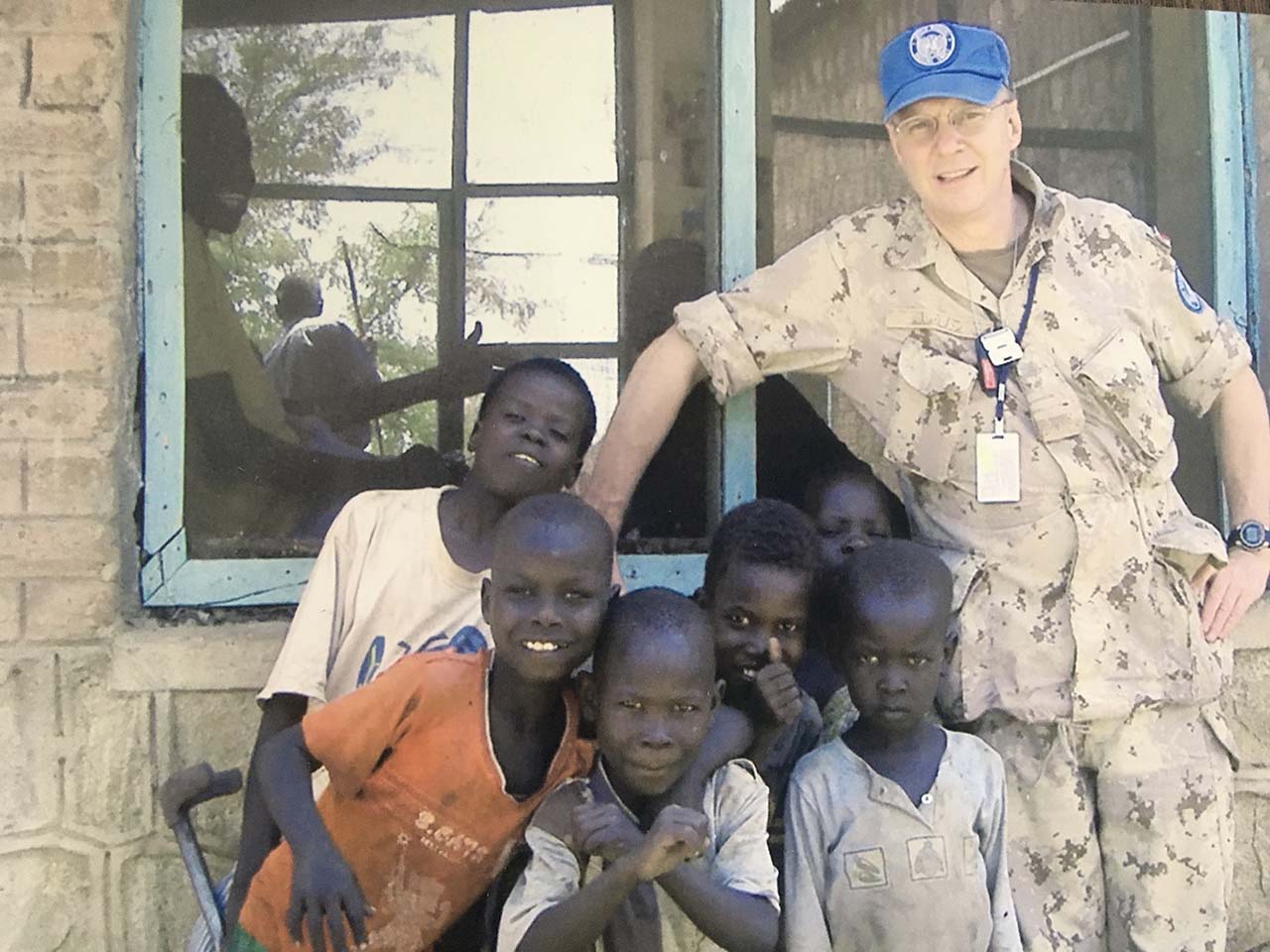
In Sudan in 2005, in addition to his job as a military observer, LCol Goodspeed voluntarily initiated a project to help orphaned children. The photo shows Michael in front of an orphanage in Juba with crippled and undernourished boys. On his own initiative Michael adopted the orphanage and succeeded in getting it registered as a “UN Quick Impact Project.” In war torn Sudan, orphaned boys were considered an unwelcome social burden and were rarely adopted and routinely overlooked by the country’s over-stressed and inadequate social services. Goodspeed organized UN engineers to repair their building and coordinated with NGOs and UN agencies to ensure these children were housed, fed, clothed, given medical care and rudimentary schooling.
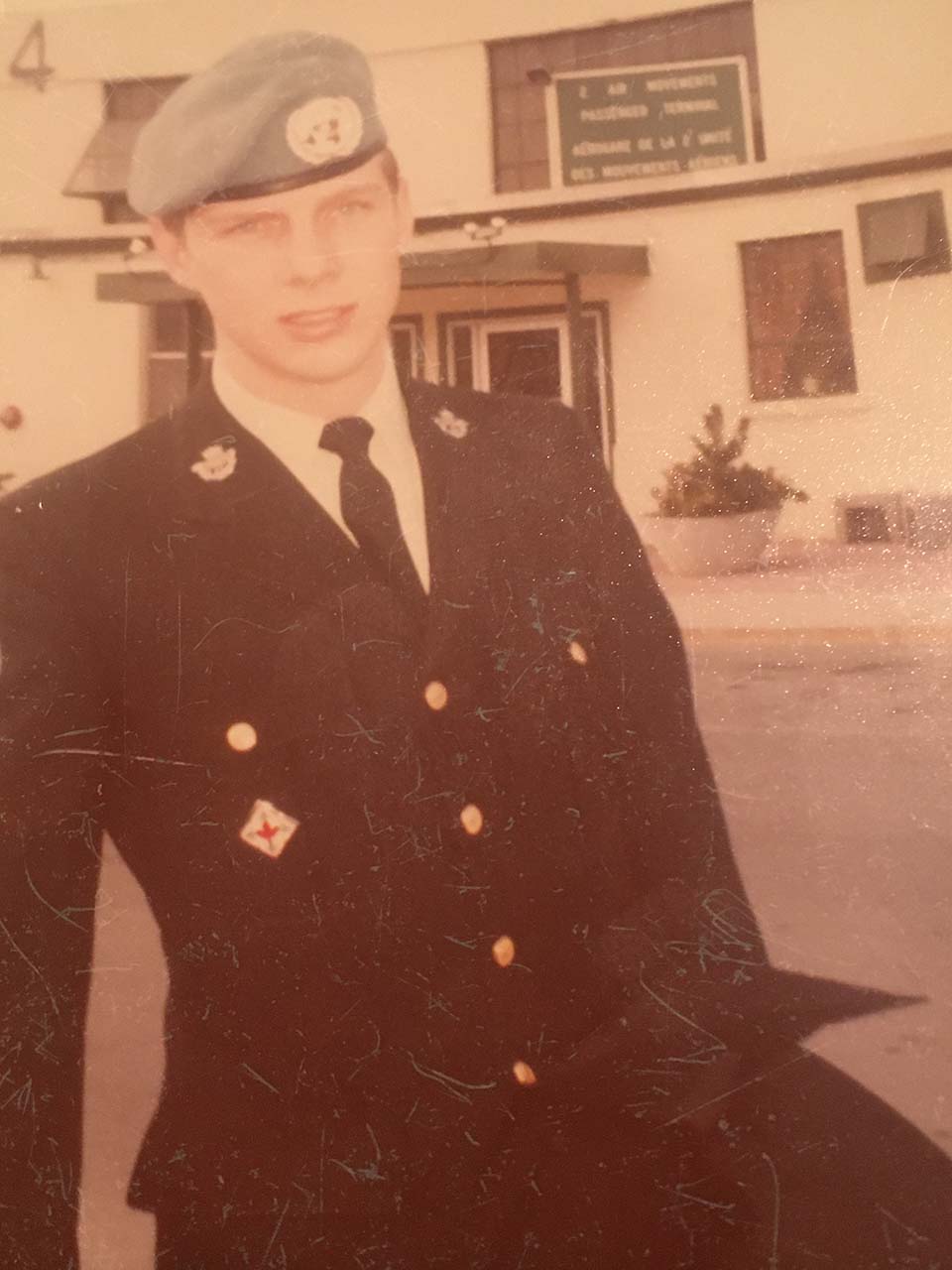
In front of the AMU in Trenton departing for Goodspeed’s first tour in Cyprus.
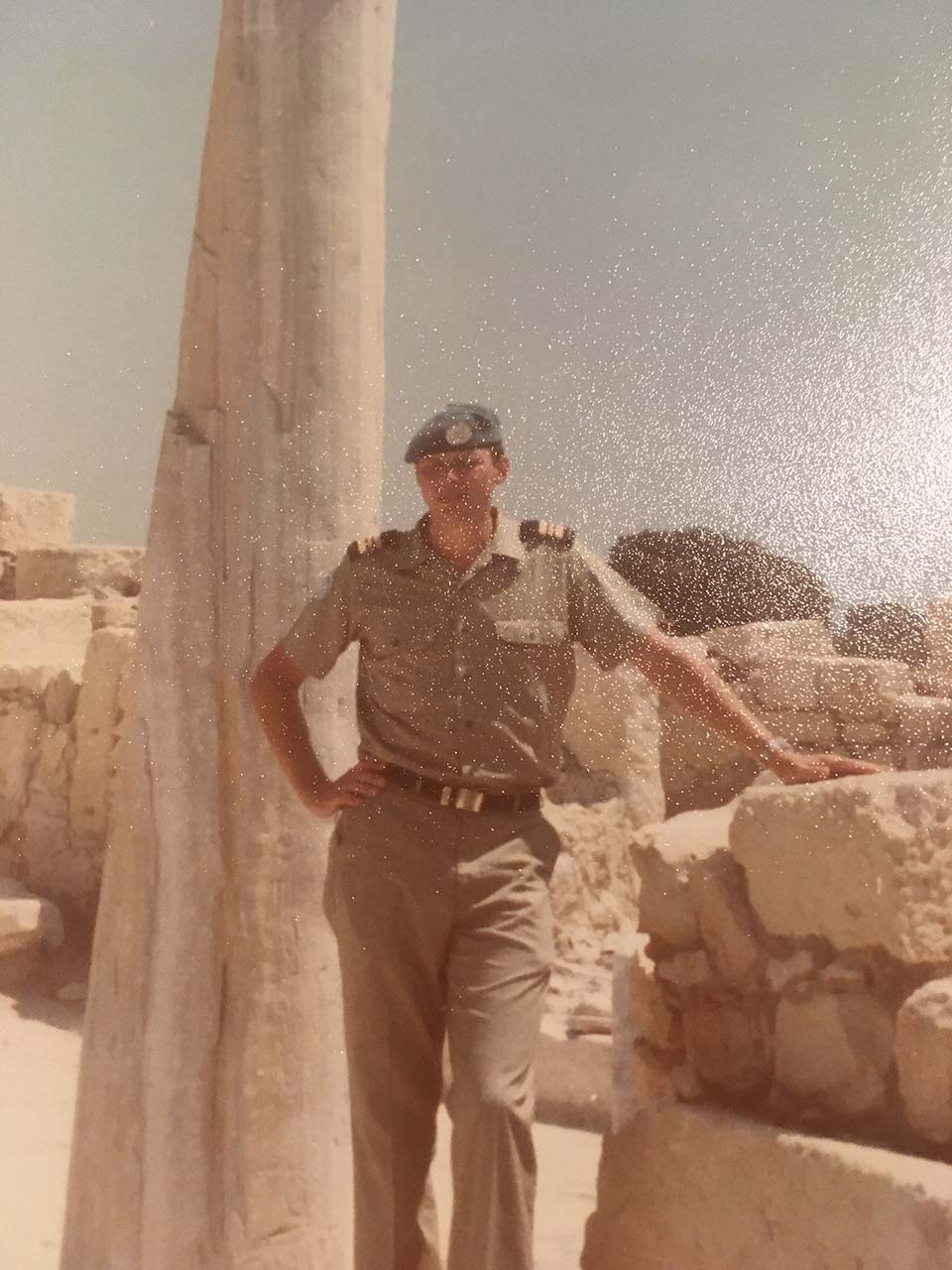
Cyprus 1982–83, where Goodspeed served as the SO2 Operations in Nicosia.


